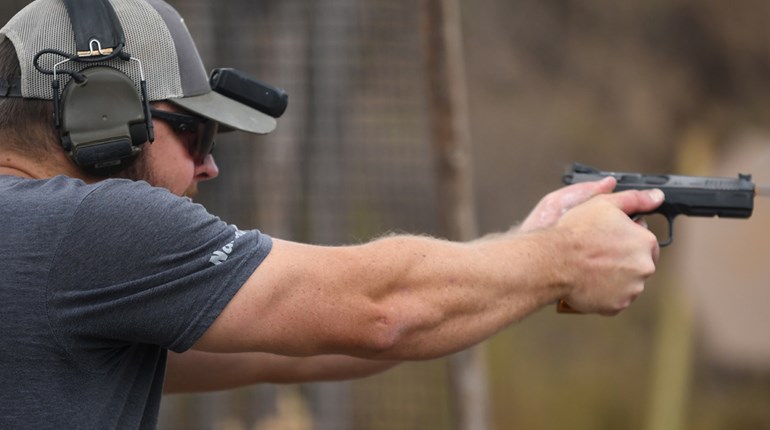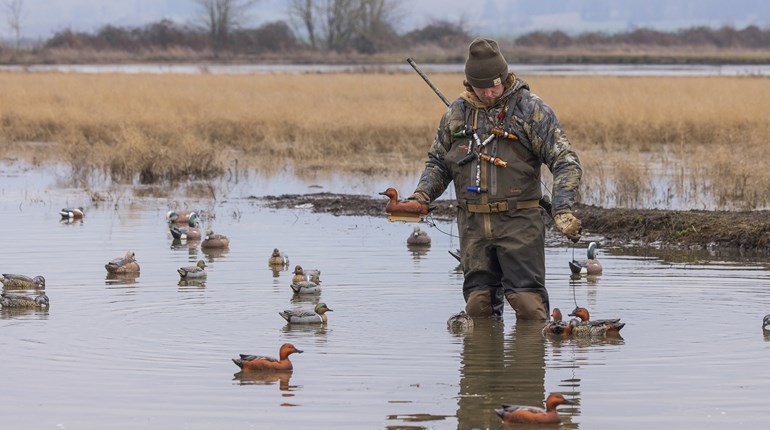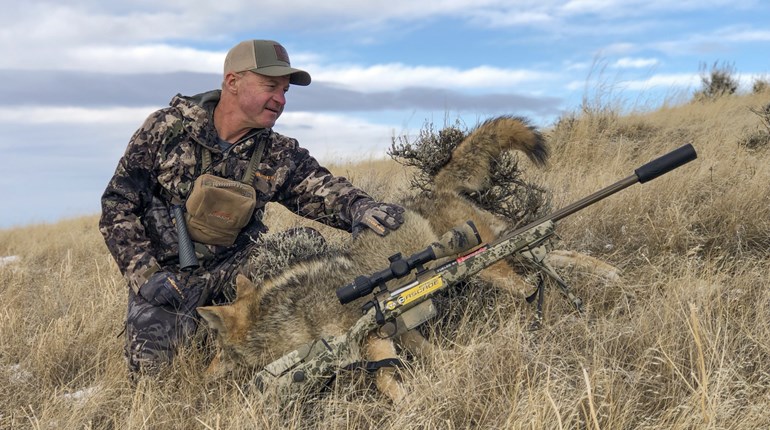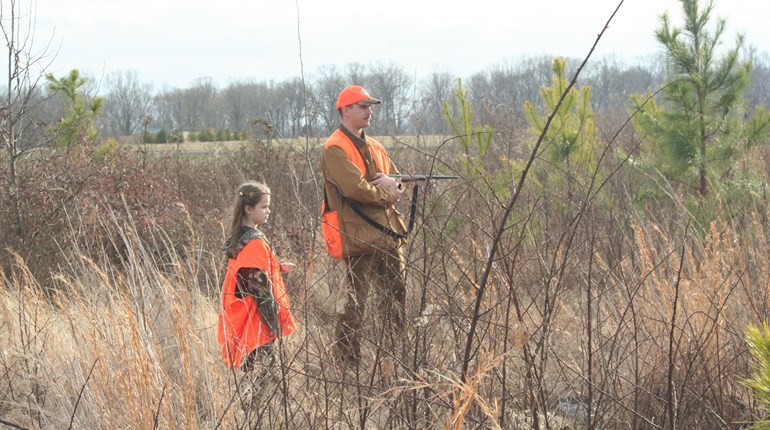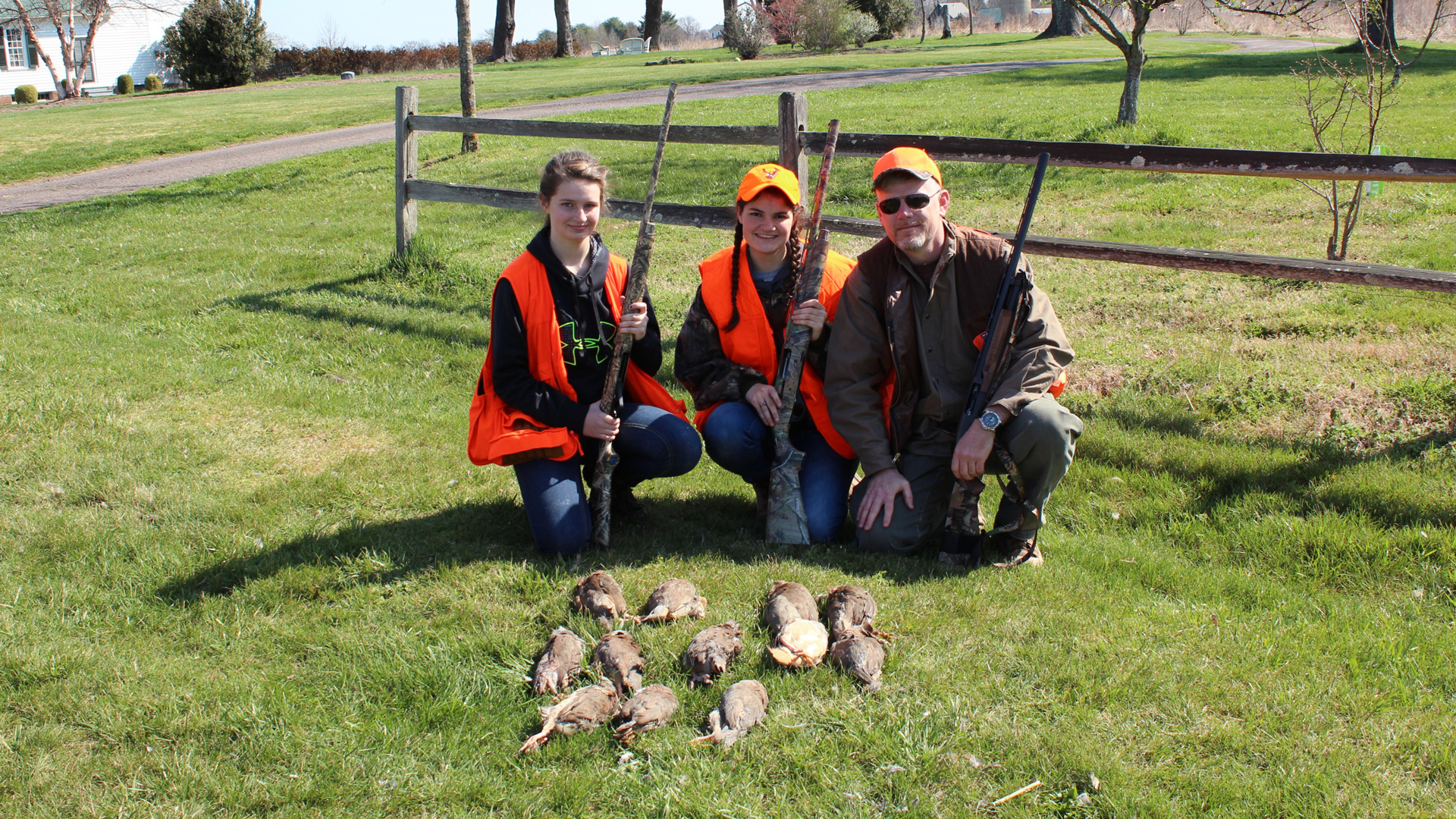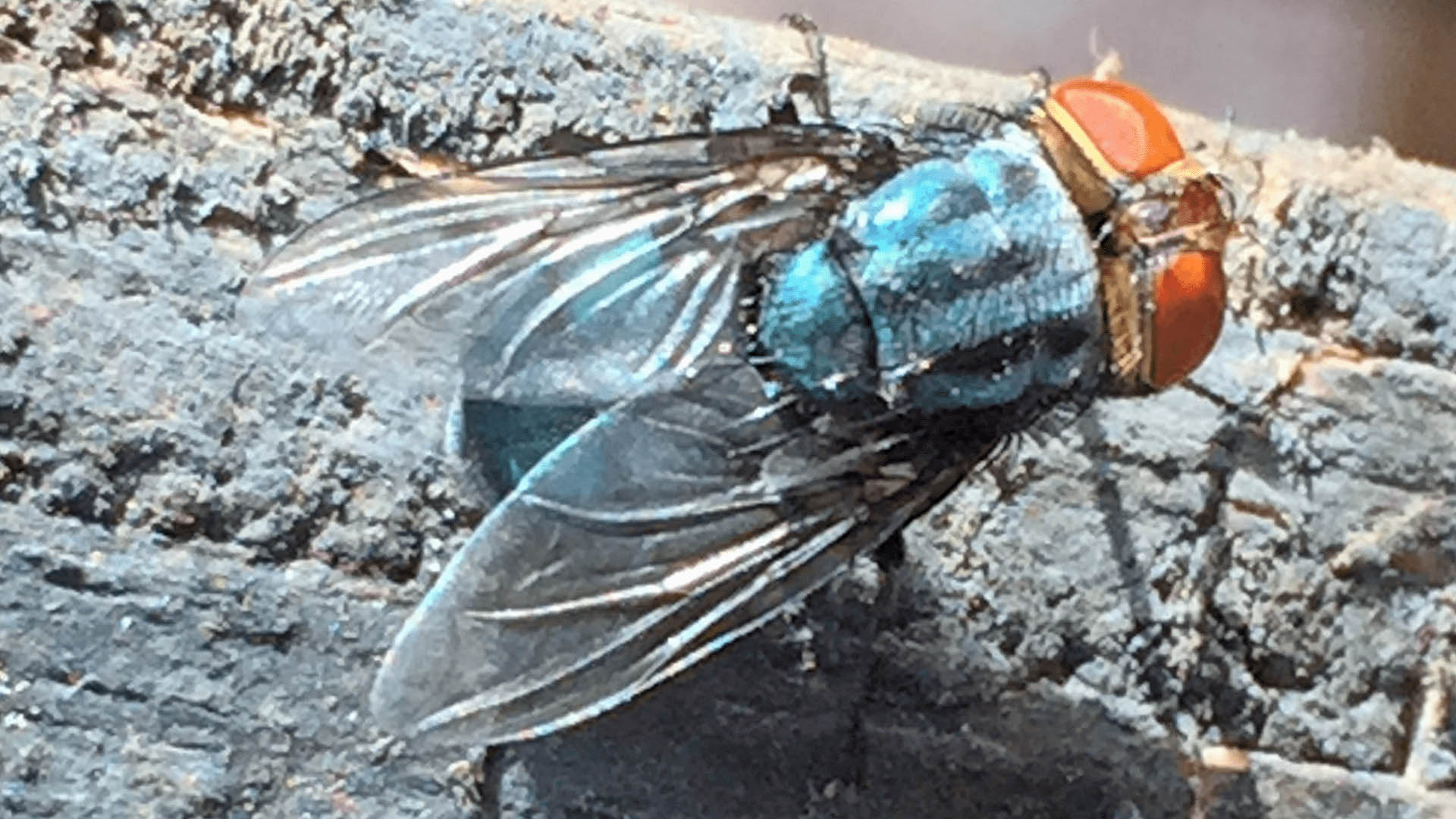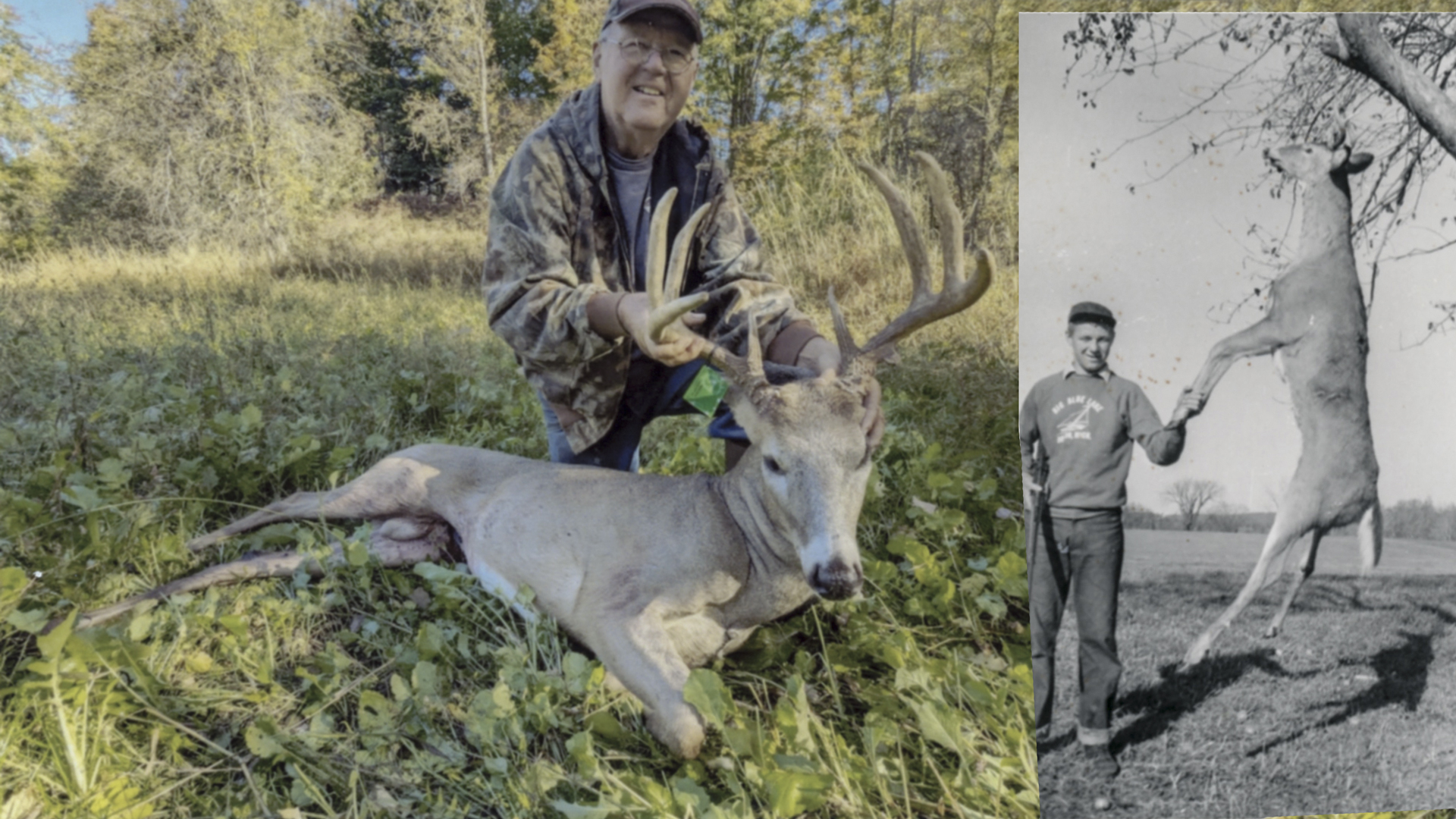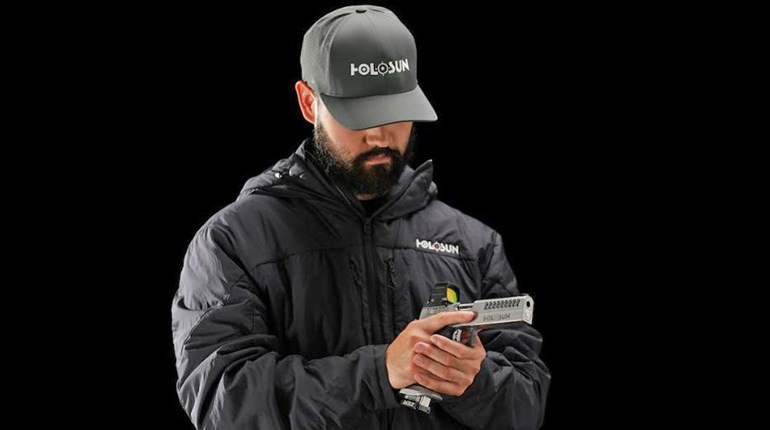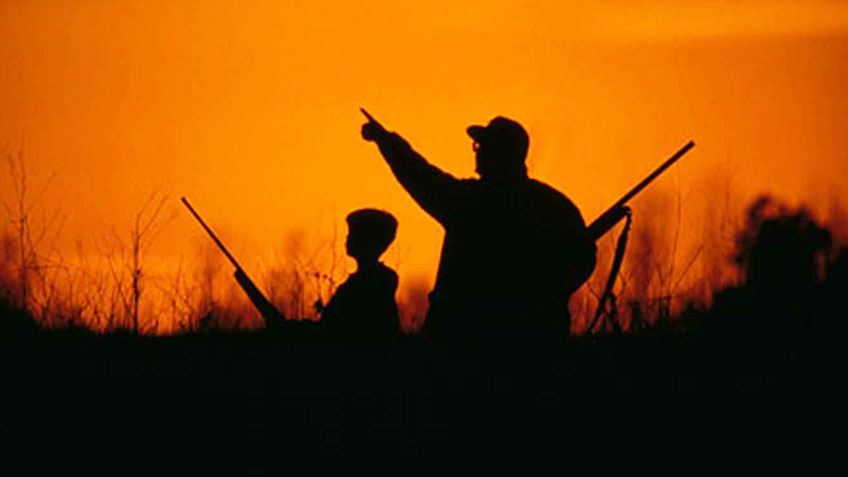
1. Practice patience—always, always patience and forgiveness. There are no stupid questions. Praise students for their questions and caution. It shows they are curious, careful and concerned about doing it right. That’s what you want in a hunter.
2. Keep your cool. Don’t get excited. It’s tough enough for a new hunter to remain unruffled enough to do her job. She doesn’t need a hyped-up mentor increasing the stress level. Exude an air of tranquil confidence. It’s not the end of civilization as we know it if a new hunter fails to take a shot. Hunting is a lifelong journey, not a onetime event.
3. Downplay trophy quality. When I was a kid my first tree squirrel was as big a deal as my first elk was years later. Emphasize hunting and shooting skills. A perfect, one-shot kill says more about a student’s success than a giant rack of antlers.
4. Dry-fire. Nothing but nothing prepares a shooter better than dry-firing at an imaginary animal. This develops not only rifle handling, sight acquisition and trigger control but mind control, too. Like professional ball players who pre-visualize their moves, a new hunter can role-play an entire hunting scenario from calling or stalking the game to going through the mechanics of making the perfect shot. With new hunters I usually carry dry-firing through to their first shot at live game, just to make sure they aren’t falling apart.
5. Leave them hungry. Don’t push students into more education, shooting practice or actual hunting than they want. Watch for signs of tiring, and back off. Ideally, stop while they are still excited and happily engaged. Tell them to think about what they did right and wrong, and rehearse via role-playing before your next session.
6. Set a great example. There is nothing worse than your mentor suddenly losing his cool and shooting your deer out from under you. This has disappointed, disillusioned and spooked many a new hunter. If you aren’t accomplished and mature enough to let your student succeed or fail, don’t take him hunting.












